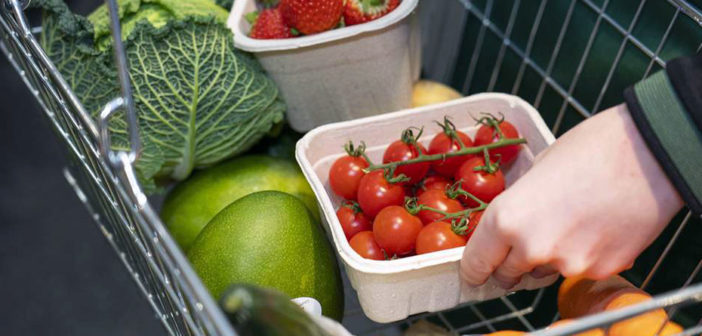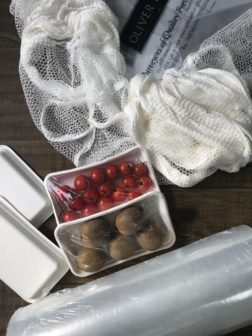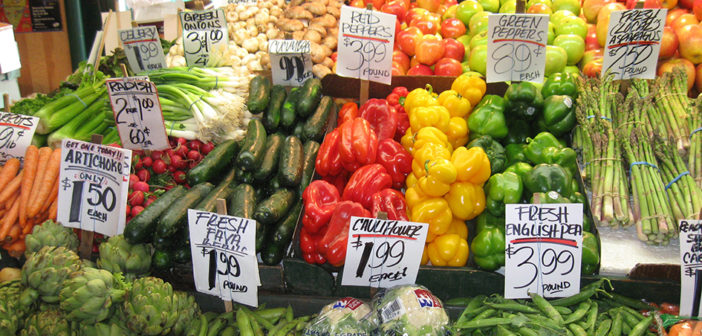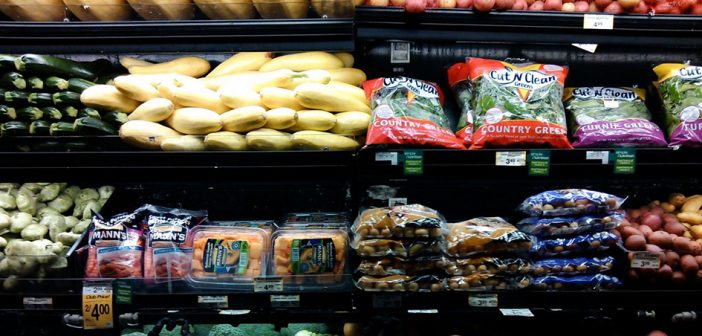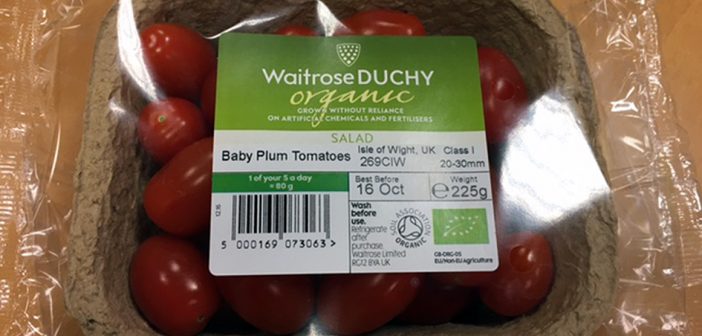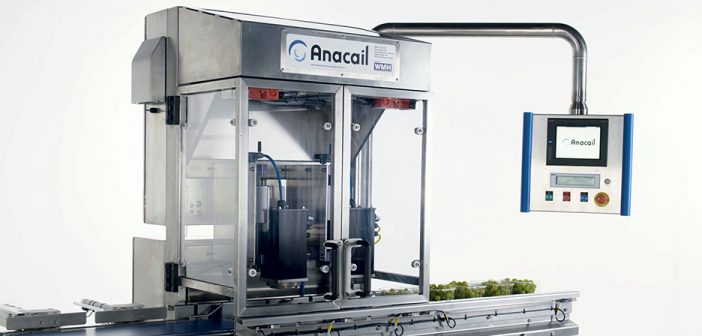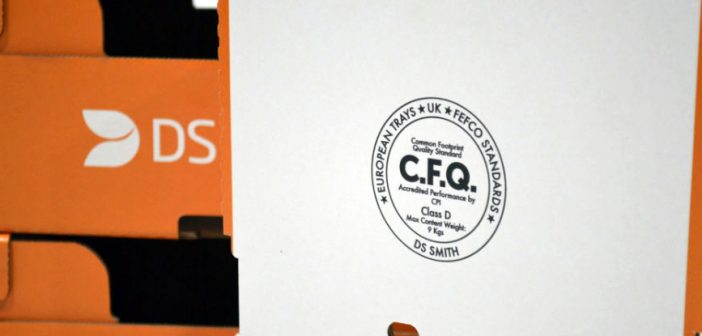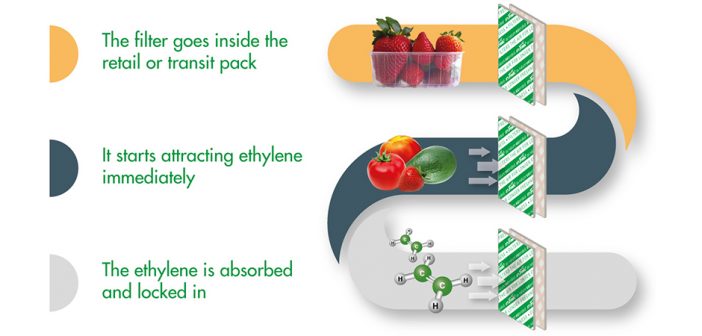Aldi is to trial the sale of five different brassica products in Scotland without plastic over the next six weeks as part of its commitment to reduce packaging and plastic waste.
The retail has pledged to reduce all packaging by half by 20125, compared to the level used in 2015, and for 100 per cent of its own label packaging to be recyclable, reusable or compostable by 2022 (where it does not have a detrimental effect on product quality or safety, or increase food waste). It has also replaced black trays on four fresh produce lines with clear alternatives which are easier to recycle.
The trial will see cauliflowers and four types of cabbage; pointed, red, Savoy and white, sold without plastic wrapping. If successful and rolled out across the UK, the retailer says the move would take a further 110 tonnes of plastic out of the business.
Fritz Walleczek, Aldi UK Managing Director for Corporate Responsibility, commented, “We’re working hard to reduce plastic, but we also need to ensure that reducing packaging doesn’t lead to unnecessary food waste. We’re hoping the outcome of this trial will be positive, and something that we can roll out across the rest of the UK.”
Over the last year the retailer claims to have replaced more than 2,500 tonnes of plastic with recyclable alternatives across its supply base.
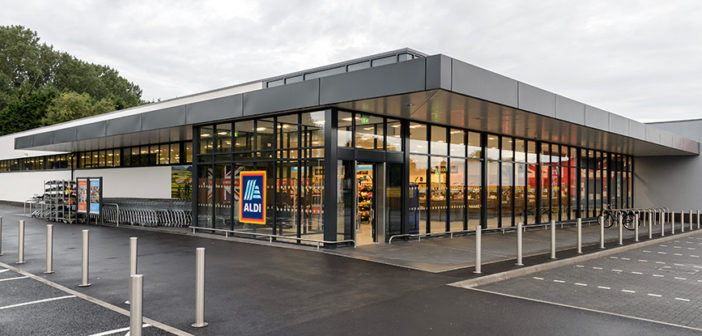
Photo Credit: Aldi – Picture by Simon Hadley The post Aldi to trial plastic-free brassicas in Scotland appeared first on Hort News on 21 March 2019.
